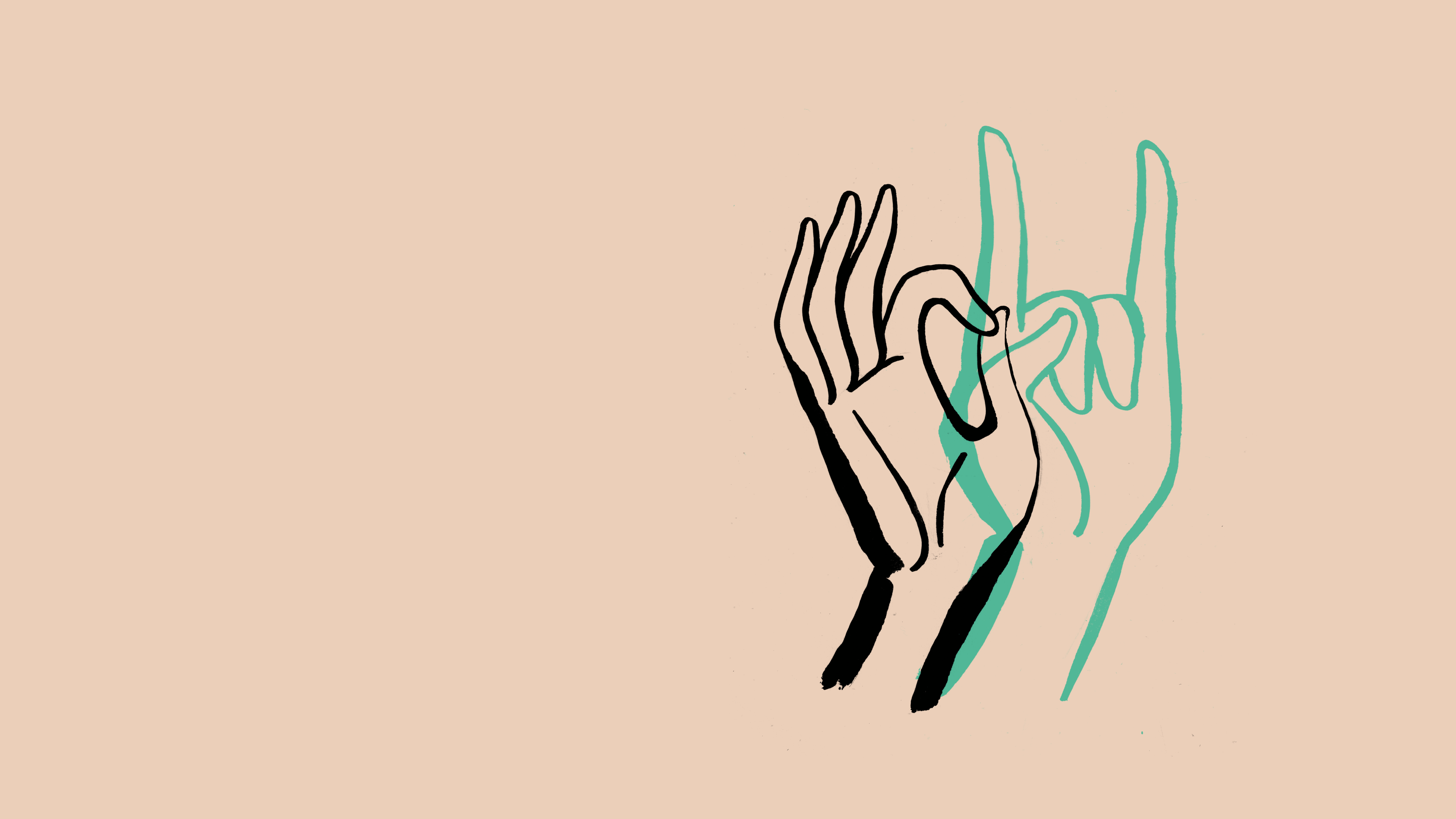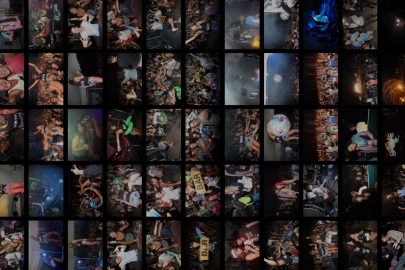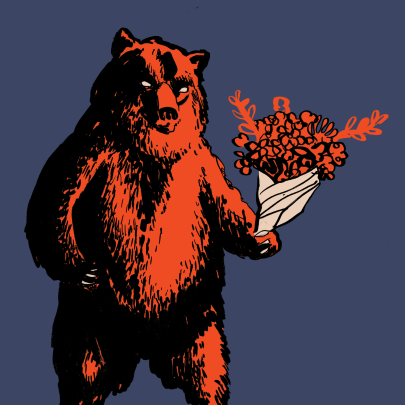Apr 2, 2025 Society
I’m currently preoccupied with the idea that I have completely fucked my life up. This feeling is not particularly conducive to writing insightful columns about thorny modern dilemmas via humble confessions regarding my own mistaken beliefs — which is a shame because that’s the column I pitched to the editor of this magazine and which I am now behind on deadline to produce.
The reason is a failed relationship. Of course. What else dogs you so deeply and for so long? I have so many hurts and regrets about it all, not least about some indecisive and slightly cowardly behaviours on my part which ran counter to my self-image, hurt my ex-partner and ended up wasting quite a few of my (possibly crucial) fertile years. I don’t really want to get into the rest of what happened — it’s too private and too sad — but if love is always a gamble, I’d say the relationship was a particularly high-stakes bet and unfortunately we lost, big time. I fear being pitied for how badly everything fell apart, even as I pity myself deeply.
When I’m down in the muck of my mind like this, I feel convinced that my choices, my behaviour, my very self must be totally wrong, because if I was a decent person I would have been rewarded with the life I want; with lasting love. I’d feel good and I’d be happy. I have a tendency of getting stuck in this mindset, ruthlessly assigning blame in a loop of self-recrimination.
I am, basically, prone to becoming caught on the wheel of samsara, addicted to hope and fear, desperate to avoid pain and seek pleasure, and thus destined to suffer greatly. That’s right: extreme heartbreak got me really into Buddhism.
“The first noble truth of the Buddha is that when we feel suffering, it doesn’t mean that something is wrong,” the Tibetan Buddhist Pema Chödrön writes in her 1996 book, When Things Fall Apart. “Suffering is part of life, and we don’t have to feel it’s happening because we personally made the wrong move.” The chapter this passage comes from, called ‘Hopelessness and Death’, is what finally convinced me that one of my most persistent beliefs — that all my life’s painful events and thwarted hopes are punishment for being such an enormous horrible idiot — might be not only fundamentally wrong, but also quite unhelpful.
Historically, I have not been particularly open to this idea. I have an anecdote from therapy that I tell as a funny story: in one session, my therapist again told me I needed to work on cultivating a kind inner voice. “Well I can’t do that,” I snapped, mouth tight. “So can you suggest something else?” As the British psychoanalytic psychotherapist Adam Phillips writes in his 2015 essay ‘Against Self-Criticism’: “Nothing makes us more critical — more suspicious or appalled or even mildly amused — than the suggestion that we should drop all this relentless criticism, that we should be less impressed by it.”
Pema Chödrön would say that we find self-criticism so impressive because we feel sure that we lack something. I thought a harsh inner voice would help me to fix my deficiencies — tough love which would make me a better person. Letting go of this belief was (and still is) hard, because I fear that being kind to myself will make me coddled and weak. But there are only so many times you can respond to a difficult or sad situation by telling yourself you’re a pathetic little worm who gets everything wrong before you have to face the fact that this approach isn’t achieving anything beyond making you even more miserable.
Chödrön suggests that self-compassion could start with dropping “the fundamental hope that there’s a ‘better me’ who one day will emerge” and just relax with ourselves as we are. This means letting go of the hope that our experience of life could be different — and the fear that we have somehow fucked up or already failed. It means being honest with ourselves when we feel ashamed or disappointed, without getting caught up in self-hatred and blame.
My therapist’s way of saying the same thing would be to suggest that I need to “hold more lightly” my hopes (and therefore fears) around finding love and having a family, because being too prescriptive about the path your life should take only sets you up for unhappiness, when really life’s opportunities are many as long as you’re willing to be open to how things unfold. In essence, they’re both saying that you can’t fuck your life up, because that’s not how life works. There’s no track to veer off.
In 1933, a ‘Frau V’ wrote to Carl Jung asking him how she should live. He replied that he couldn’t answer her question, because “there is no single, definite way for the individual which is prescribed for him… If that’s what you want you had best join the Catholic Church.” Life’s only certainty is that nothing is certain; its only permanent fixture is impermanence, so why waste your one life stuck in regret and worry? The only thing any of us ever really have is the present moment, so try to make that the place where you spend your life.
Easier said than done, of course. Phillips writes that “there was surely something ironic about Christ’s injunction to love thy neighbour as thyself — because actually, of course, people hate themselves”. It’s a great opener for an essay — sharp and funny. But really, he’s only teasing. In truth we are, all of us, conflicted in our self-regard. “We’re never quite as obedient as we seem to be,” he writes. “Where there is self-hatred or guilt there is also self-love.” Painting the critical part of ourselves as a ‘relentlessly repetitive propagandist’, he suggests that maybe this proselytiser just isn’t worth listening to. After all: “Were we to meet this figure socially, this accusatory character, this internal critic, this unrelenting fault-finder, we would think there was something wrong with him. He would just be boring and cruel.”
And the truth is, even when I’m deep into prosecuting myself as a hopeless case, there is a part that protests; the part that respects and loves myself. There are so many great lines in Joan Didion’s 1961 essay for Vogue, ‘On Self Respect’, but my favourite is this: “People with self-respect have the courage of their mistakes. They know the price of things.”
Yes, I made mistakes. I have regrets. But these aren’t uniquely damning pieces of evidence against me. They’re the costs we all incur from taking risks, from loving, from trying to figure out how to make a life.






